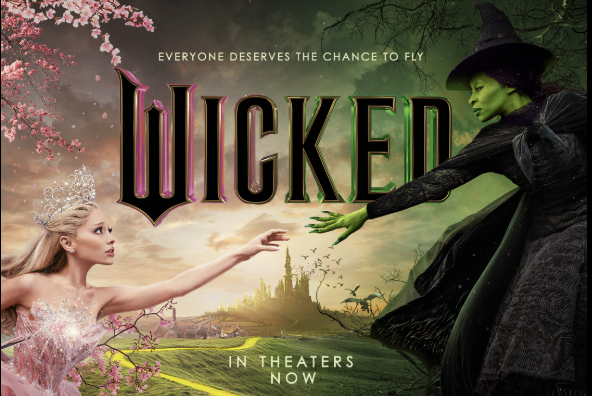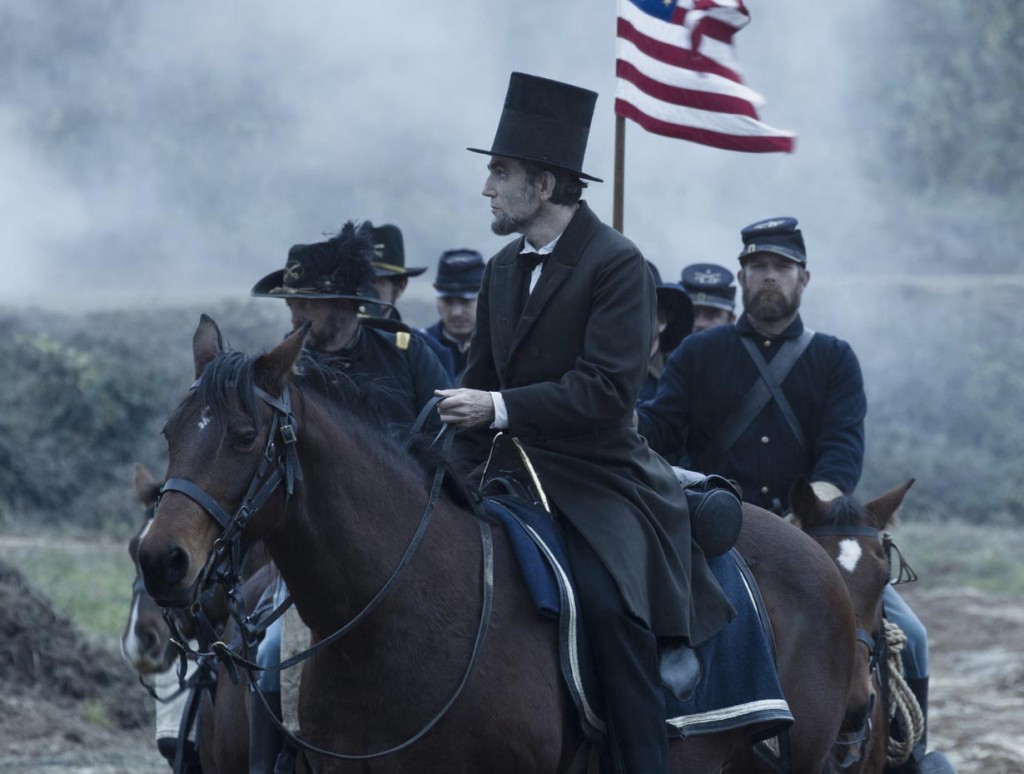Steven Spielberg, acclaimed producer of “Jurassic Park,” “War Horse,” and “Schindler’s List,” presents his new masterpiece, “Lincoln.” This movie gives viewers a brilliant perspective to one of the most significant times in history, when favored president Abraham Lincoln fully engages himself in the battle to pass the 13th amendment.
With the Civil War ending within a month, President Lincoln sees the perfect and maybe only opportunity to pass the monumental amendment. The focused purpose of the amendment was to end the war, along with Lincoln’s true desire of making slavery illegal. This causes a roar amongst the House of Representatives in which the Republicans use secretive and strategic bargains to gain votes from the slave supporting Democrats. The movie “Lincoln” provides an in- depth analysis of the process that Abraham Lincoln, his delegates, and the Republicans involve themselves in, with hopes to cure the South from slavery.
Beginning with a fighting scene in the Civil War, the dark and serious tone of the movie is laid out instantly. It is obvious Steven Spielberg created an artistic film that transforms the minds of the viewers to an extent where they feel as if they are present in the same room as Abraham Lincoln. The scenes captured with dimmed and well-suited lighting for the era, grasps viewers’ minds while bringing them back in time. The intellectually intense scenes are accented by Lincoln’s witty puns and personal accounts from his previous lawyer days, which not only lighten the mood with humor, but also draw viewers’ attention to Lincoln’s personable character.
From Lincoln’s stubbly walk to his honest and charismatic disposition, Daniel Day-Lewis, winner of two Oscars, perfectly acts out the character of Lincoln. In fact Daniel Day- Lewis seemed to be born to play the role of the 16th president. His physical features, voice, and raw and sincere personality are presented with grace in Lincoln’s character. With Daniel Day- Lewis’s strong commitment to this role, he kept in his adjusted and accented voice for the the entire three-month span of filming. His success to fully come into character is transparent and truthfully, nothing could feel more real than Abraham Lincoln’s character in this cinematic achievement.
In fact, the list of exceptional actors and actresses in “Lincoln” is extensive. Sally Field, also a winner of two Oscars, plays a fretful Mary Todd Lincoln. Her performance emphasizes the disputing relationship between herself and Abraham, creating a captive drama. A fiery passion of abolitionism is created with Tommy Lee Jones’s performance, as Radical Republican Congressman Thaddeus Stevens. Audiences will cheer him on as he shouts blunt yet justified insults during the debate to pass the thirteenth amendment.
Viewers are likely to be impressed with the character of Lincoln and expertise cast, while being exposed to unfamiliar yet factual occurrences throughout the film, all which are presented in uniquely dramatic scenes. With these qualities history junkies are bound to thoroughly enjoy Lincoln, though undeniably any viewer with a fascination for Abraham Lincoln or America’s trialing times amongst the end of the war can appreciate the eloquence of “Lincoln.”











































Mick Hawkins • Nov 29, 2012 at 8:38 pm
Great writing, Holly.
I couldn’t decide if I wanted to see this movie — until now.
I am really looking forward to it.
Go Red Knights!
M. Hawkins